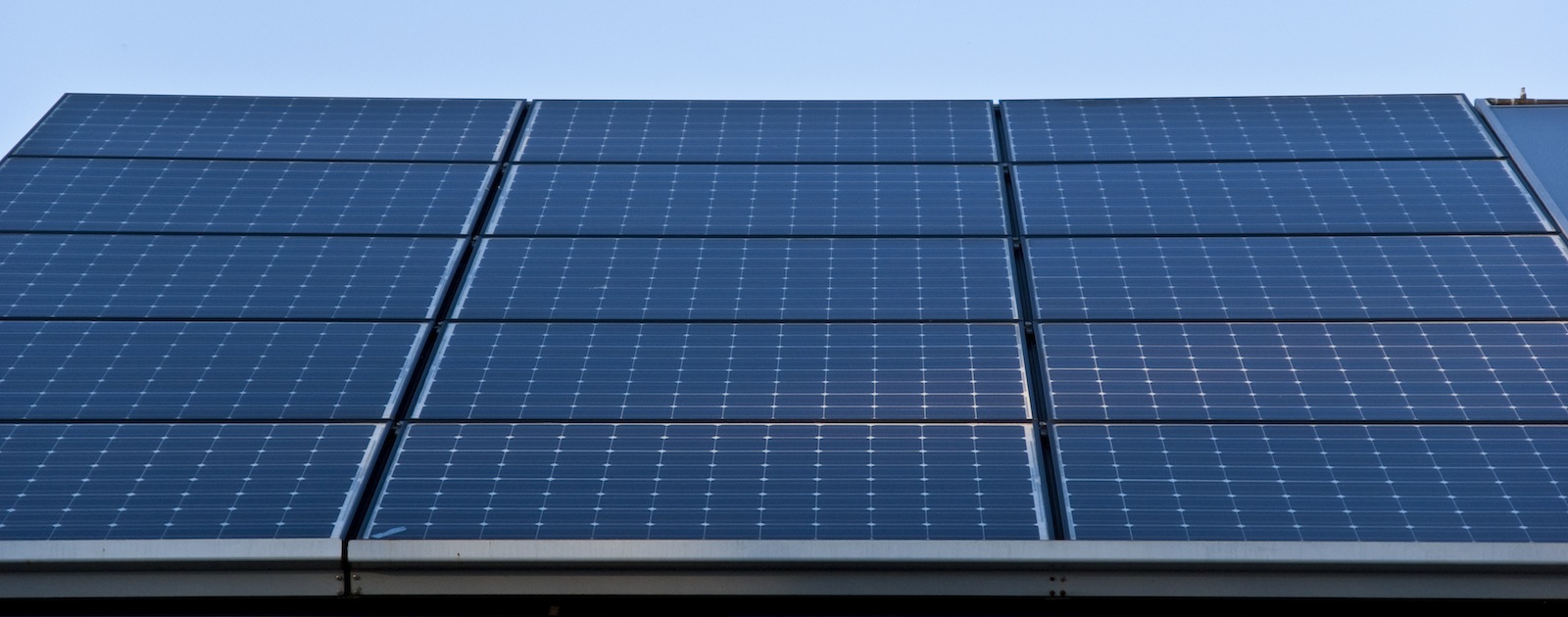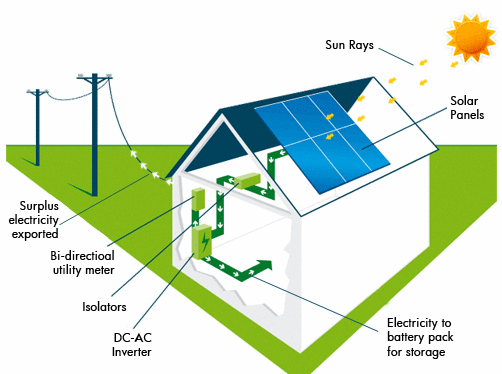
Solar rebates might be available to homeowners who are thinking about installing solar panel systems in their homes. There are a few different programs available, and some of them are retroactive. These rebates will be based on how big your solar system is and how many kilowatts you generate. Below are the tables that will show you how to find out if and what amount of rebates you may be eligible for. Please note that the rebate amount will not exceed 95%, and that your contribution must be at least 5%.
Solar tax credit
The best time to consider installing solar panels for your home is now. You can reduce your tax bill with the new solar tax credit. It will be available through the end of this year. A 30% credit can be obtained for your solar project. However, it's important to start your solar project early. Your installation might not be complete in time to receive the full tax credit.
The solar tax credits can be up to 30% of total costs for installing a solar array. This credit is good through 2019, then gradually decreases to 26% through 2020 and 22% through 2021. This tax credit will offset your federal income taxes or alternative minimum taxes and can help you to save money on your energy costs.

State tax credit
Solar rebates can be a great option for those who are interested in installing panels or other forms of renewable energy. Once you begin your installation, this credit will be available. To receive full credit, you must ensure that your solar power system is fully functional by December 31, 2023.
There are many utilities who offer one-time incentives and ongoing rebates for solar installations. You may be eligible to claim up 30% of the price of your solar system. This credit can reduce your taxes by up to $7800 You must be a homeowner in order to qualify. You must also own the solar panels.
Federal tax credit
You may be curious if the Federal tax credit is still available for solar rebates if you are considering solar energy for home. The good news? The tax credit has been extended to 2021. This will lower the cost of installing solar panels at home. The tax credit can be claimed as soon as you have completed your construction. However, your system must be up and running by the end of 2023. You'll lose your tax credit after that date.
The federal tax credit for solar rebates was first introduced in 2005, and it aims to harness the power of the sun for the benefit of Americans. Its primary goal is to generate economic and environmental benefits for homeowners. Americans are increasingly seeking clean energy. Federal solar tax credits can be a great option to help offset some of the installation costs.

Income tax credit
The federal government has provided tax breaks to assist solar-powered homeowners offset their energy expenses. The income tax credit for solar rebates has been extended by the new law. It will continue to be available through 2020. The current tax code permits you to claim the credit on residential and commercial solar installations made in 2019. There are however some limitations. Before you can claim credit, you have to start building.
Limitations have been set by the federal government on how much you can claim for a solar rebate. The maximum amount of rebate you can claim is determined by the size of your solar system and how much electricity it produces. You can find the applicable incentive level by consulting the tables below. The incentive can not exceed 95% the cost of your project. To be eligible, you must contribute at minimum five percent of the installation cost.